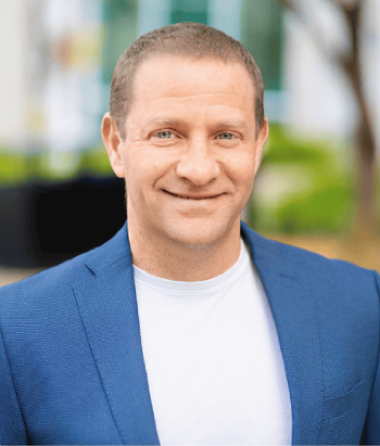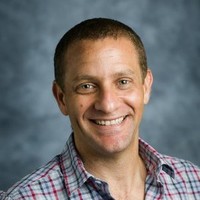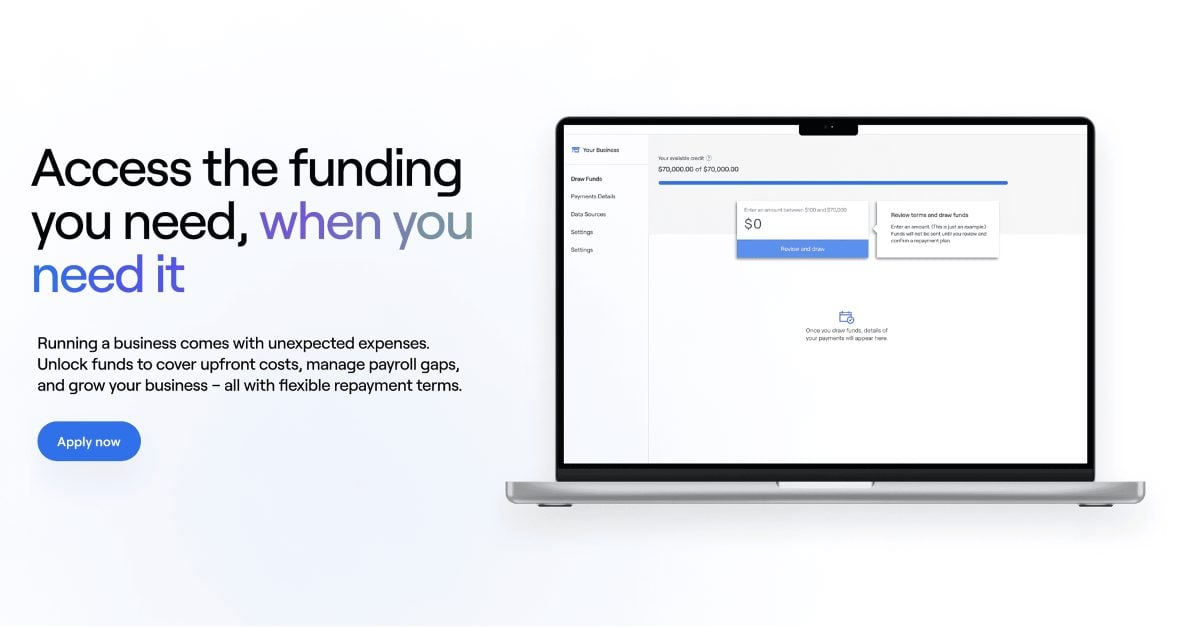Engineering Leadership Series - Ofer Karp


Biography
Ofer is the CTO of Fundbox and the General Manager of the company’s Tel Aviv and Tbilisi offices. Karp is a seasoned engineering executive with over 20 years of experience leading large-scale teams and driving innovation in the tech industry. Prior to Fundbox, he served as EVP of Engineering at WalkMe, where he scaled engineering and product operations across three offices to over 300 employees. He also held leadership roles at Perfecto Mobile and Hewlett Packard, following its acquisition of Mercury Interactive. Known for his ability to manage complex engineering functions and foster team growth, Ofer specializes in scaling organizations, overseeing cross-functional teams, and delivering cutting-edge solutions to support business growth. Ofer holds a bachelor's degree in Computer Science and developed the patent for graph query adaptation.
Enjoy the interview and give Ofer a follow.
More Information


The Interview
- Tell us your story, how did you discover your interest in software engineering?
I’ve always been drawn to understanding how systems operate—what makes things tick. Early on, I discovered that software is one of the most powerful tools to turn ideas into scalable solutions. What began with simple code experiments quickly evolved into a lifelong passion for building products that solve real-world problems.
- How did growing up and seeing your parents as entrepreneurs shape your journey? Are there any key lessons you took away from watching them run small businesses?
Watching my parents juggle uncertainty taught me resilience, resourcefulness, and the critical importance of cash flow. These lessons are deeply embedded in how I lead today as CTO at Fundbox, especially as we serve the same type of entrepreneurs.
- What problem are you solving that the market was missing?
Small businesses are the backbone of the economy, but have long been underserved by traditional financial systems. Fundbox fills that gap by providing fast, embedded, and transparent access to working capital—directly within the tools businesses already use. We’re building modern infrastructure that makes financial services intuitive, responsive, and accessible to those who need them most.
- How does the team ensure the product meets the diverse needs of its users?
It starts with listening. We invest heavily in understanding our customers—their workflows, pain points, and aspirations. We combine direct feedback with behavioral data to inform every iteration of our product. The goal is to make accessing capital feel seamless—like a natural extension of the tools they already rely on.
- What’s a technical challenge Fundbox recently faced that you found particularly rewarding to solve?
One of the most rewarding challenges has been improving the performance and accuracy of our risk assessment engine. We integrated new data sources and applied advanced AI/ML techniques to enhance underwriting for both new and existing customers. The result: higher approval rates without increasing risk—exactly the kind of win we aim for.
- As GM of Fundbox’s Israeli office, how do you cultivate a culture that connects globally but feels locally empowered?
We prioritize autonomy and alignment. The Israeli team is empowered to lead core parts of our product and infrastructure, while staying tightly connected to global goals. We invest in regular cross-office collaboration, and we build a culture where ownership and transparency are valued just as much as technical excellence.
- How has your leadership style adapted across startups and larger organizations?
At startups, speed and focus matter most. In larger organizations, scale and coordination take center stage. I’ve learned to adjust my leadership based on context, being hands-on when needed, and stepping back when teams are thriving. What stays consistent is my belief in hiring great people and trusting them to do meaningful work.
- What qualities do you look for when hiring engineers beyond just technical skill?
Curiosity, humility, and ownership. I look for people who challenge assumptions, care deeply about their impact, and continuously seek to grow. Great engineers think beyond code—they collaborate, solve real problems, and understand the broader context.
- How do you define engineering excellence today?
Engineering excellence is about delivering value sustainably. That means clean, maintainable code, clear communication, and a mindset of continuous improvement. It’s less about individual brilliance and more about how well teams execute together over time.
- Can you share a personal experience where a failure led to significant growth or change?
The first time I had to manage an offshore team. I was already quite experienced as a manager, but still made a few critical mistakes in the way I formed that offshore team. It took me about 6 months to realize and admit that this isn’t working. I decided to close that office and start again from scratch. This was 20 years ago, and since then, I have successfully created and managed offshore teams across different countries and domains, including Fundbox’s team in Tbilisi (Georgia), which is growing very fast and is already responsible for significant products and platform capabilities.
- How do you balance the need for rapid delivery with the long-term health of the codebase?
It starts with intention. We have to recognize when we’re making a tradeoff and document it. Some debt is strategic, other debt is toxic. We invest in observability, modular design, and team rituals that surface debt early, so we can course-correct before it compounds.
- What do you think are the secrets to being successful?
Listening more than you speak. Staying curious. Surround yourself with people who challenge you and make you better. Also, focus on the customer relentlessly, it’s the north star that keeps everything aligned.
- What advice would you give to your younger self?
Don’t rush. Enjoy the journey as much as the destination. Focus on what truly matters, and strive to be the best version of yourself—consistently and unapologetically.
- When you’re 80, looking back, what do you want to have accomplished in your life?
I’m still writing the story, one chapter at a time—and I hope that each chapter is getting better. I care about outcomes, but what matters most is the impact I’ve had on people: my family, my colleagues, and the teams I’ve led. If I can look back and say I helped people grow and made their lives better, I’ll consider that a success.
We hope you enjoyed this interview. If you would like to be featured in a future interview, please contact our team at innovationinsider@donestreet.com.
To learn more about DoneStreet and why our customers love us, follow this link.
Spend Less Time Hiring, More Time Building. Hire With Confidence Through DoneStreet.
If you have not yet subscribed, please hit the subscribe button and let us know what types of content you’d like to see more of in the future.
Thanks for reading Innovation Insider - Presented by DoneStreet! Subscribe for free to receive new posts and updates.



